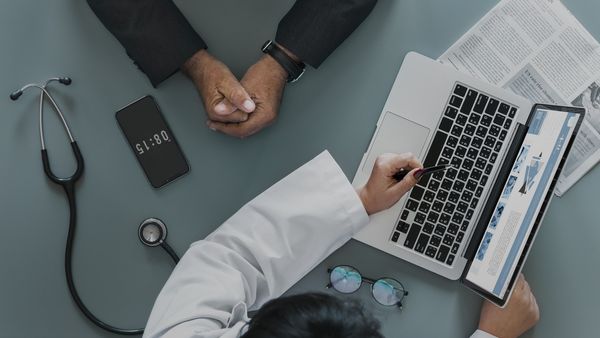
Young people will take part in surfing, rollerskating and gardening to see whether sport, the arts and outdoor activities can make them less anxious and depressed.
NHS mental health trusts will use the activities to help 600 young people on their waiting lists for care as part of a study into whether “social prescribing” helps improve mental wellbeing.
People aged 11 to 18 in 10 parts of England will also be able to take part in dance, music, sport and exercise and attend youth clubs during the trial, which is being run by academics from University College London.
If participation proves successful the NHS may seek to make such activities available across England as a way of helping the many thousands of young people who face what can be months-long delays in accessing formal treatment, during which time their condition often worsens.
“Young people’s mental health is one of the greatest challenges facing the NHS,” said Dr Daisy Fancourt, the UCL mental health expert running the trial. “Currently many young people referred to child and adolescent mental health services face long waits, during which time more than three-quarters experience a deterioration in their mental health.
“Social prescribing has the potential to support young people while they wait, by providing access to a range of creative and social activities that could enhance their confidence, self-esteem and social support networks.”
Fancourt and her team will assess how much young people participate, the feasibility of making such activities available and the costs involved. Participants will be able to choose which pursuits they want to try, aided by a link worker or “buddy”, in conjunction with 10 NHS mental health trusts.
This approach has been tested before in a small-scale trial conducted in Luton, Sheffield and Brighton & Hove in 2018-2020 but the UCL-led study will be the largest yet.
The government-funded assessment of that pilot found involvement improved young people’s personal and mental wellbeing, especially among those who were feeling the worst at the outset, and reduced loneliness.
Participants said: “Link workers contributed to improving their sense of autonomy, reduced their sense of stigma around mental health challenges and filled a gap in mental health service provision by providing almost immediate access to non-clinically based emotional support.” However, transport to and the cost of some activities proved problematic.
GPs are increasingly using “social prescribing” – including gardening, bingo sessions and dance classes – as an alternative to antidepressants for adult patients who are lonely or depressed. However, recent research published in the medical journal BMJ Open raised serious doubts about its effectiveness.
But Fancourt insisted social prescribing had “enormous potential” and could “help address determinants of mental illness, decrease stigma and shame sometimes associated with mental health problems, and give young people choice and control of their care”.
The World Health Organization advocates physical activities, especially outdoors, as an aid to both physical and mental health.
“Social prescribing – involving activities like exercise, gardening and music – is a really exciting way of improving mental wellbeing. It looks at people holistically and tries to find non-medicalised ways of helping them find a way through the challenges they may be experiencing,” said Olly Parker, the head of external affairs at the charity YoungMinds.
“However, it cannot be a substitute for other types of support such as talking therapies.”
He added: “Previous studies of social prescribing have yielded positive results with participants reporting increased levels of wellbeing and we’re happy that further work is being done to see what further benefits there are for children and young people from this approach.”
The UCL trial is being funded by the Prudence Trust, a grant-making charity that focuses on young people’s mental health services.







